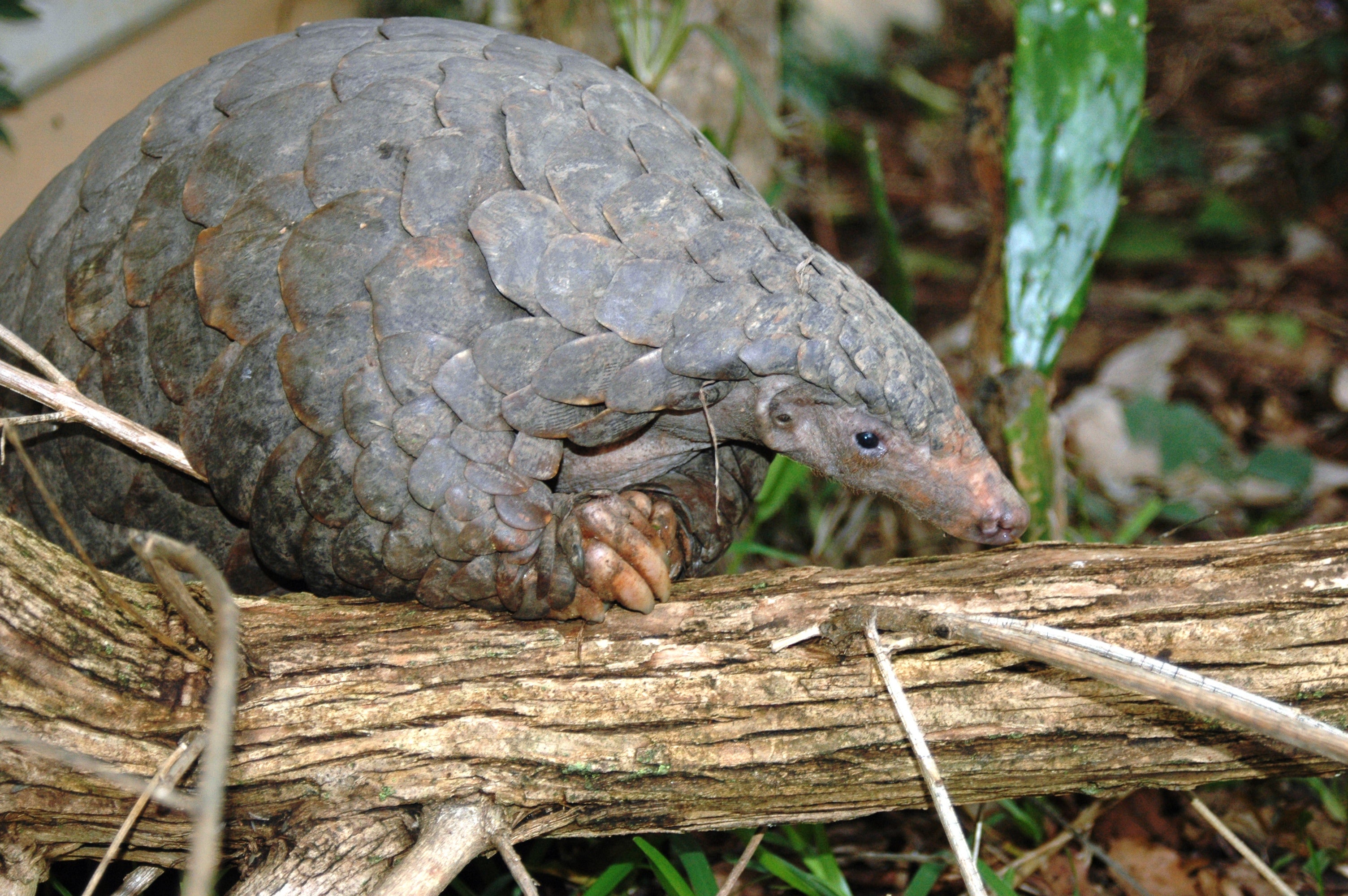
BRUSSELS— Today, the European Parliament approved the revised Environment Crime Directive, strengthening the EU’s approach to addressing environmental crime. This decision, endorsing the compromise agreement reached between the Council of the European Union and the European Commission in November 2023, marks a significant step towards better protecting wildlife and habitats. The updated legislation equips authorities with enhanced tools to tackle serious environmental offenses and deter criminals, including wildlife traffickers. Humane Society International/Europe welcomes the European Parliament’s adoption of the revised Environment Crime Directive as a positive step to ensure better protection of wildlife and the environment.
Environmental crime stands as the third most lucrative organised criminal activities in the world, growing at a rate of . It contributes significantly to biodiversity loss, increases the risk of zoonotic diseases, and has serious negative socio-economic impacts, particularly in countries where animals and wildlife products are sourced. Despite its considerable profitability, detecting, prosecuting and penalizing environmental crime offenses has proven to be challenging.
A 2019-2020 evaluation revealed that the effectiveness of the initial EU Directive (2008) addressing environmental protection via criminal law was limited. Few cases resulted in sentences, imposed sanctions were too low to deter criminals, and cross-border cooperation was not consistently occurring. Recognising these shortcomings, the European Commission presented in 2021 a proposal aimed at enhancing the effectiveness of the Directive.
Dr Joanna Swabe, senior director of public affairs for Humane Society International/Europe, said:
“The revised Environmental Crime Directive, although not perfect, does respond to societal demands for environmental crime to be taken more seriously. The legislation will now allow more stringent penalties to be imposed on those who commit the most serious criminal offences against the environment, and will hopefully serve as a deterrent to all those considering partaking in crimes against animals, such as wildlife trafficking. We also warmly welcome the fact that underwater noise pollution has been included in the list of criminal offences. This poses a significant threat to the welfare of marine mammals, especially cetaceans, since it disrupts their ability to communicate and navigate properly. We are glad that this threat to marine wildlife has been recognised.”
Over the past few years, HSI/Europe has worked closely with other animal and environmental protection organisations to ensure that the EU legislation on environmental crime, which was originally passed in 2008, was significantly strengthened. Amongst other things, the revised Environmental Crime Directive now:
- Introduces common sanction levels for both natural and legal persons.
- Provides a far more comprehensive list of environmental offences to be criminalised in Member States than in the original legislation, although fails to include one the most lucrative environmental crimes, namely illegal, unreported and unregulated fishing.
- Includes Annex C species of the EU Wildlife Trade Regulations, thereby broadening the scope of the Directive to cover, for example, threatened endemic species.
- Offers additional tools for national prosecutors through legal guidance and national strategies.
- While stopping short of using the term ecocide, it introduces a “qualified offence” for the most serious environmental crimes, which cause widespread and substantial damage to the environment that could be irreversible or long-lasting.
- Enables the involvement of civil society organisations and ordinary citizens to help combat environmental offenses, effectively asserting their legitimacy in exposing environmental crimes and marking a first step toward protecting them from intimidation or litigation when reporting such crimes or assisting investigations.
- Strengthens data collection provisions to assist Member States’ reporting practices.
- Recognises the need for enhanced specialisation, training and resources for competent enforcement and judicial authorities.
Media contact: Yavor Gechev, communications director for HSI/Europe, ygechev@hsi.org ; +359889468098 ; +393515266629







